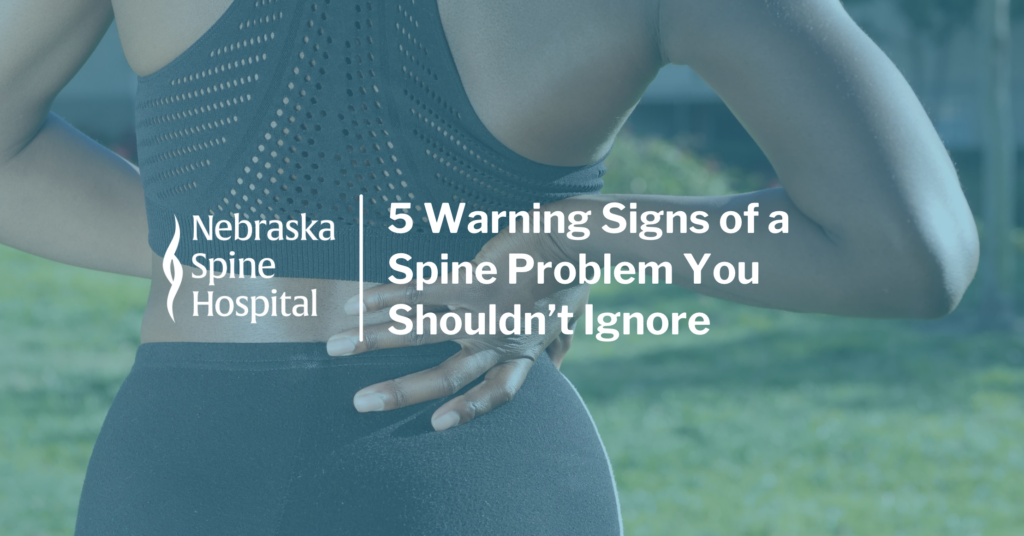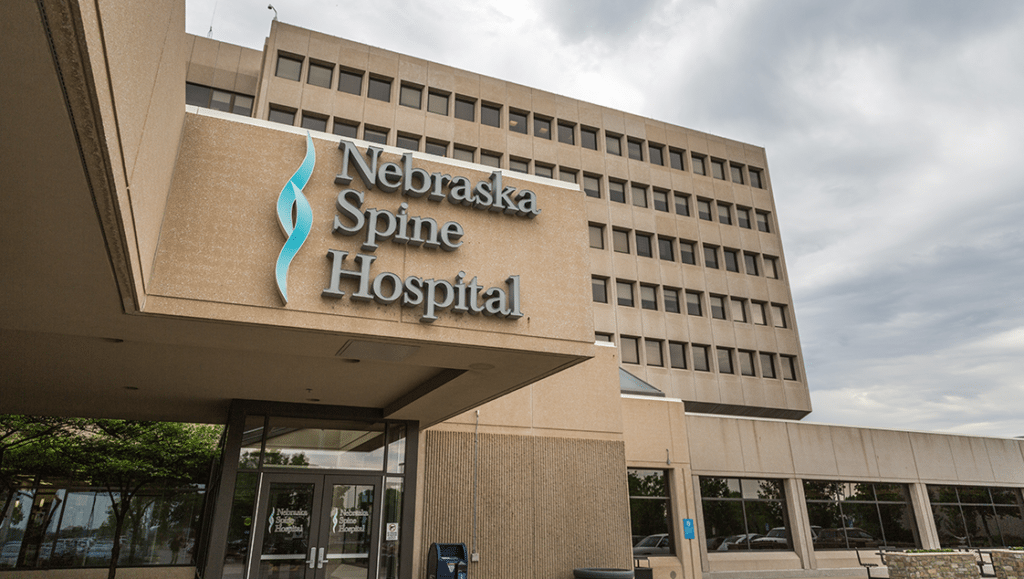Did you know that on average, an obese person in the US spends $1,429 more annually on medical bills? This may be in part due to the fact that obesity puts you at a much higher risk for heart disease, stroke, and Type 2 diabetes, among other things.
Unfortunately, obesity rates in the US keep rising. According to the CDC, ‘from 1999–2000 through 2017–2018, the prevalence of obesity increased from 30.5% to 42.4%, and the prevalence of severe obesity increased from 4.7% to 9.2%.’
Being overweight or obese can also increase your risk of developing back pain, joint pain, and muscle strains. Your risk of developing low back pain is heightened even more if you carry extra weight around your midsection as that weight pulls your pelvis forward, straining your low back.
Carrying around extra weight can also put unwanted pressure on other spinal structures, like your discs. Overweight and obese people are more likely to experience sciatica or low back pain due to a herniated disc or pinched nerve.[bctt tweet=”Overweight and obese people are more likely to experience sciatica or low back pain due to a herniated disc or pinched nerve.” username=”NESpineHospital”]
The complications of weighing in above a healthy weight are pretty bleak, but there’s a glimmer of hope on the horizon. A lot of the conditions listed above can be mitigated by weight loss. In fact, losing weight can even help prevent some of these conditions altogether.
For example, losing weight drastically lowers your risk of developing osteoarthritis. This is because the added weight strains your joints more, leaving you more susceptible to developing osteoarthritis. Once the weight is lost, the stress on your joints is relieved.
Simple Weight Loss Strategy
The two main components of weight loss are diet and exercise. It’s important to aim for good nutrition and a balanced diet. Each person’s dietary needs vary, so it may be a good idea to consult a nutritionist when you first begin watching what you eat.
As for exercise, if you’re already suffering from back pain, it may be hard to motivate yourself to exercise regularly. What you probably don’t know is that exercise actually stimulates healing in the spine.
Physical exercise causes the discs in your spine to swell with water and then squeeze it out, exchanging nutrients between the discs and the rest of your spine. When you don’t exercise regularly, your spinal discs are deprived of the nutrients they need to function properly.
In addition to maintaining a healthy spine, regular exercise also boosts your mood, helps you sleep better at night, and helps ward off those dangerous health conditions we mentioned above, to only name a few of the benefits.
You Might Also Like:
- Tips to Stay Active Indoors
- 9 Yoga Poses to Relieve Back Pain
- Tai Chi: Prevent Back Pain
- Water Exercises For Back Pain
- Ward Off Back Pain With Exercise
Before you implement a new exercise program, it’s important to consult your physician.










